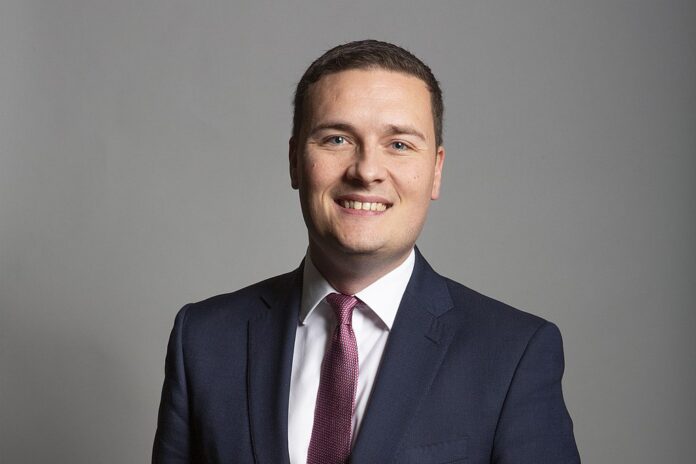Following the UK government’s lead, Scotland confirms it will adopt the indefinite ban on puberty blockers for children under 18, prompting mixed reactions from campaigners
The Scottish government has confirmed that it will follow the UK’s lead in implementing an indefinite ban on puberty blockers for under-18s undergoing gender identity treatment. The decision, announced after UK Health Secretary Wes Streeting’s statement, extends the policy to Scotland, aligning with the UK’s broader approach to restricting the use of puberty blockers for minors.
Puberty blockers, which delay the onset of puberty, have been used to manage gender dysphoria, but recent reviews, including the Cass Review in the UK, have raised concerns about their safety and effectiveness for minors. The ban follows advice from the Commission on Human Medicines, which deemed the use of these drugs in children for gender-related treatment an “unacceptable safety risk.”
The Scottish government’s stance follows a recommendation in July by an independent panel, which suggested suspending the use of puberty blockers until further research can establish their long-term impacts. This advice was informed by the landmark review of gender services led by paediatrician Dr. Hilary Cass.
Embed from Getty ImagesIn April, Scotland’s NHS paused prescribing puberty blockers to children referred to its specialist gender clinic, The Sandyford in Glasgow, a decision that has now been extended following the UK government’s indefinite ban.
The move has sparked polarized reactions. Supporters argue that the ban upholds safety standards and the integrity of treatment for gender dysphoria, while critics, including pro-trans activists, decry it as discriminatory. The Scottish Greens, who were part of the coalition government, have also criticized the decision, arguing it undermines healthcare choices for young people.
The Sandyford clinic, the only specialist service for under-18s in Scotland, has reported a surge in the number of young people questioning their gender identity, with over 1,100 patients on the waiting list at the end of 2023. Despite the ban, 43 patients who had already been prescribed puberty blockers or gender-affirming hormones will continue their treatment.
The debate over the use of puberty blockers for minors continues to be a divisive issue in Scotland and the wider UK, with ongoing discussions about the balance between medical safety and access to gender-affirming care for young people.
